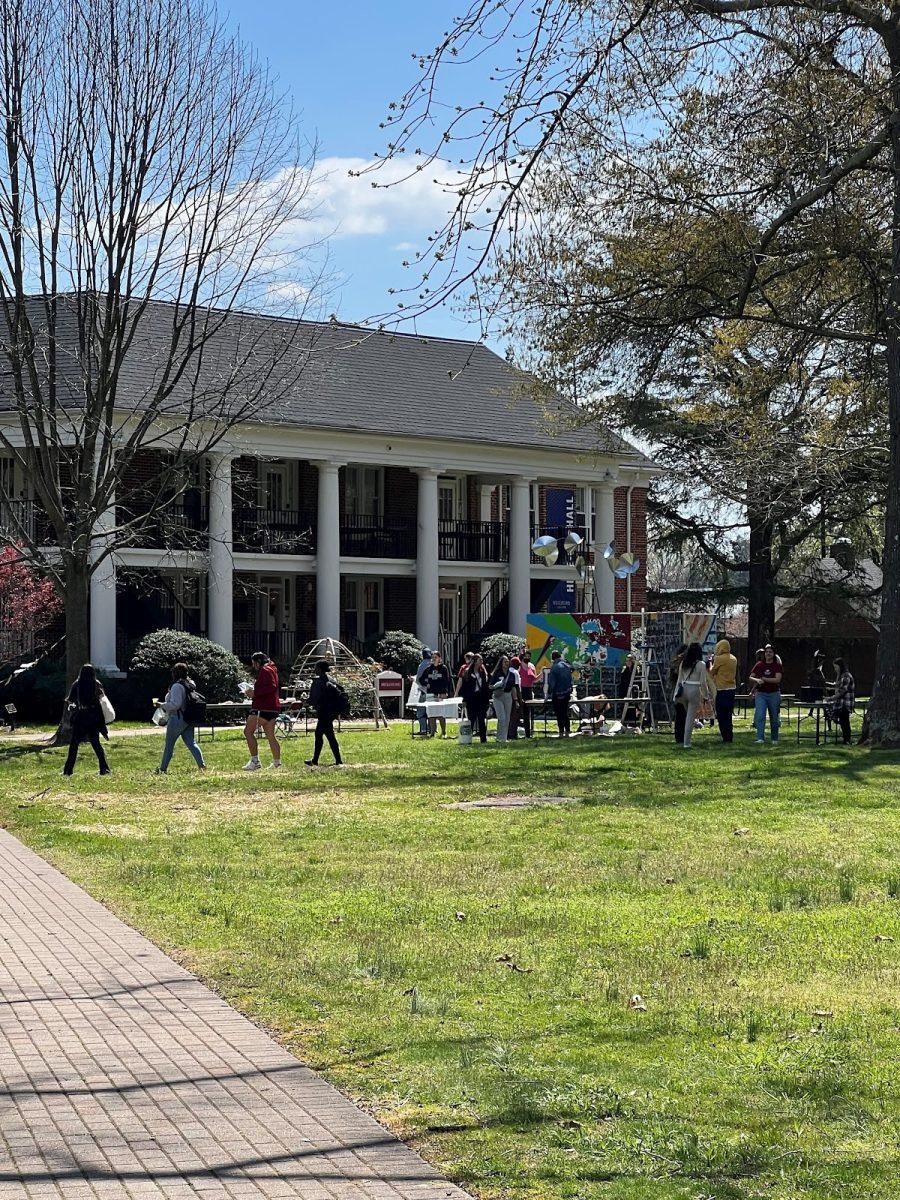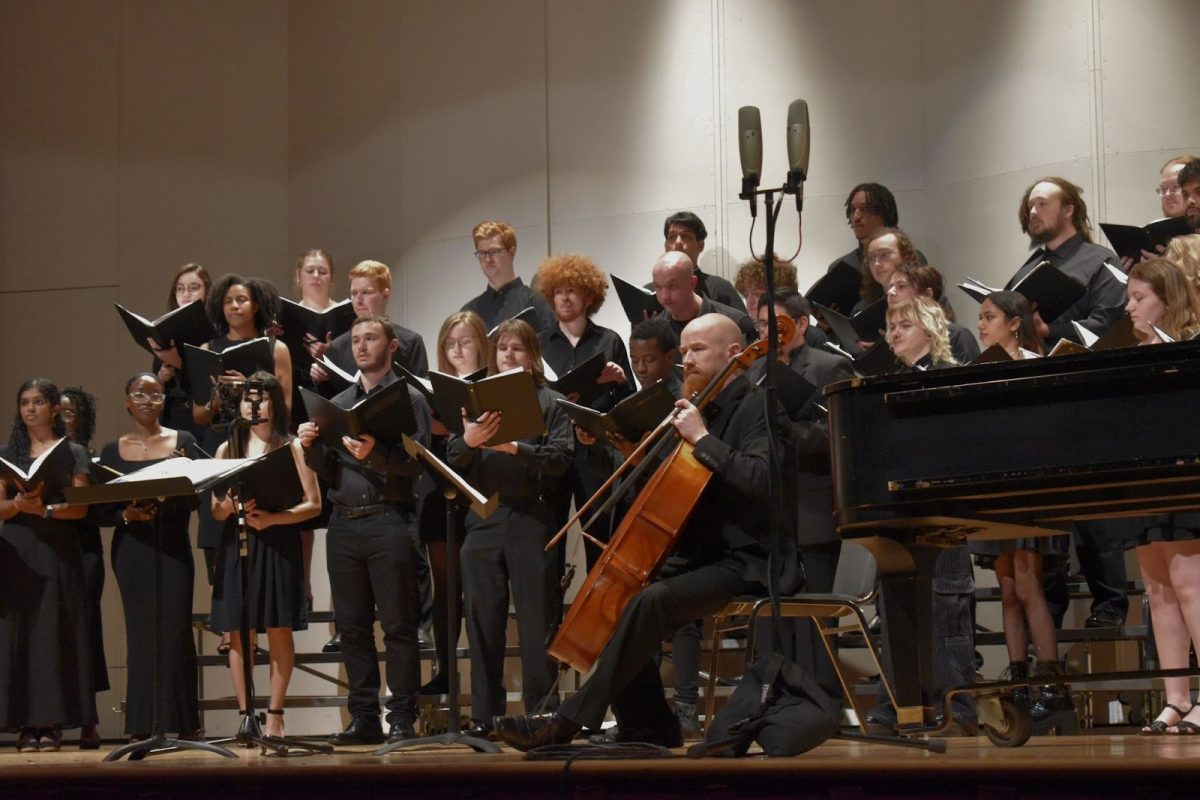College: the first step taken towards true independence. Most students lived with their parents full-time before Guilford, so living on a college campus away from their support system is a big deal. But can Guilford’s campus truly satisfy every student’s needs?
For those who believe Guilford’s campus isn’t exactly their niche, there is an alternative option: off-campus housing. There is a set of requirements to apply for off-campus housing, but just because you are 21 or have ADA accommodations doesn’t mean your request to live off-campus will become a reality.
Sophomore Holly Haid, who now lives off campus, shared some distressing information regarding her experiences with Residence Life.
“I requested for off-campus mostly because I have an eating disorder and severe anxiety,” said Haid in an email interview. “When I submitted my medical paperwork stating I had been diagnosed with anorexia nervosa along with my release papers from my treatment centers, the response I got from Residence Life was that it was a past diagnosis (and) thus was not relevant.
“Just because I have gained the weight back does not mean that I am mentally recovered, and anyone who took the time to research anorexia would quickly discover this. Their ignorance was shocking to me.”
Once Haid was denied, her therapist wrote another note explaining that it would be best for Haid to have access to a kitchen as well as more seclusion. It was likely that if she were to remain on campus it could trigger a relapse.
Some might argue that Haid could opt to live in the apartments or a theme house, but when you add the cost of living in those options on top of tuition and a meal plan it can become very unaffordable.
“I found that I had a hard time finding a place I liked enough to live after my first two years,” said junior Julia Beveridge, who also lives off-campus. “I would have loved to live in the apartments, but I couldn’t afford them.”
The costs of the apartments and theme houses range from $3,645 to $4,470, or roughly $900 to $1,100 per month, per person.
The policy is pretty concrete, and it was started back when CCE students were integrated onto Guilford’s campus.
“The line was put at 23 because that was the line for CCE eligibility,” said former Vice President for Student Affairs and Dean of Students Aaron Fetrow. “We didn’t want say, a 30-year-old student living in the same space as a bunch of 18-year-olds.”
It seems a little off that a policy designed to keep a particular group of students off campus would aim to hold unwilling students, like Haid and Beveridge, on campus.
Beveridge also had trouble applying for off-campus. She ended up having to jump through a loophole: becoming a part-time student.
Though it worked out for her in the end, should it have been so hard for her in the first place?
Not to knock living on campus, as many students find it a vital part of their First Year Experience when integrating into the Guilford community.
“I think the (first year and even the second year) of living on campus, learning to live in a community with people you go to school with, is incredibly essential and necessary,” said Beveridge.
But once she had successfully integrated into Guilford’s community she decided to move off campus.
“It’s tough to be living around so many people,” said Beveridge. “I am pretty introverted. I love hanging around people when I am ready, but I want to be able to walk out my door and not have 50-200 people who know me be right there.”
When considering students like Beveridge and Haid, Guilford should reevaluate its policy or rather have students take part in that reevaluation. Senior Mace Smith proposed a great solution to this.
“I think there should be a committee of students focused on thinking about the issue of the housing policy,” said Smith. “It should be represented by a diverse team of two to three students who know all the talking points and issues surrounding the subject.”
Residence life has intentionality behind students living on campus.
“We want a vibrant campus community,” said Maria Hayden, coordinator of housing operations. “We want our residence halls to feel full and social.”
Although this is true, not everyone is happy living at Guilford, and when students like Haid or Beveridge are denied, it starts to feel like a punishment.
The community should think about this issue because even if it means the policy stays the same, needs like Haid’s and Beveridge’s should not be pushed aside so easily. Happy students make a happy campus.












